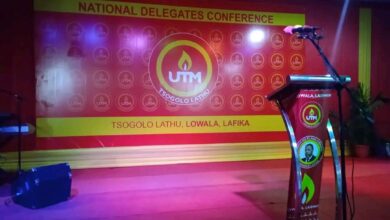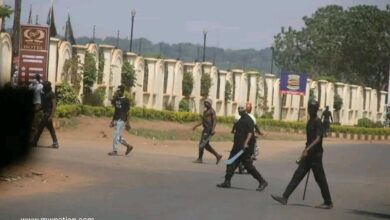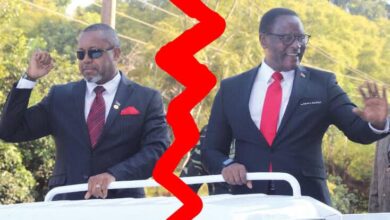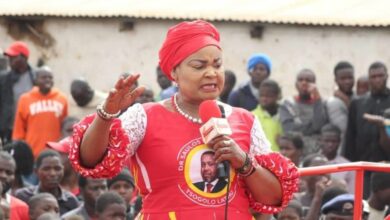Columns
What do we learn from the life of Dr Kamuzu Banda
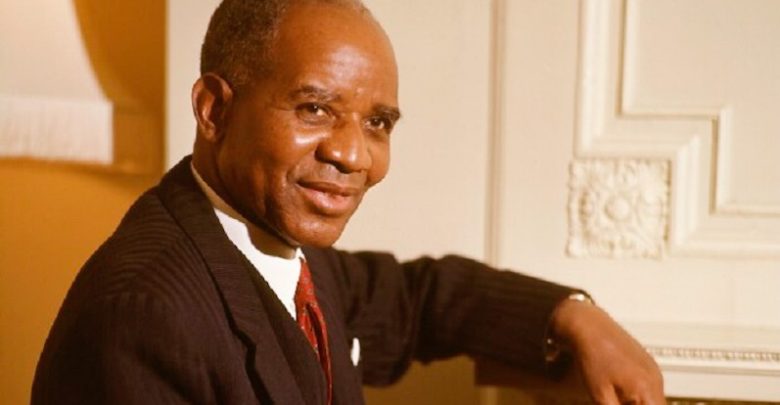
By Chilimunthaka
Kamuzu, the father and founder of the Malawi Nation, born in 1906 was one blessing the country have had since its creation. Through out his life to November 25,1997 Kamuzu achieved a lot that left a legacy.
Dr. Hastings Kamuzu Banda is historical to the country and there are a lot that the country can learn from his life. In this passage we are looking at some of them.
- Courage: From his back ground, he was such courageous to see things happening. We are even told he had to travel on foot to Hartley in Southern Rhodesia (Zimbabwe) at the age of about 13 years with his Mr. Hannock Msokera Phiri (His uncle) . His courage can not be overlooked or ruled out as it was seen when he came back in 1958 to fight the colonialism and end the federation of Rhodesia and Nyasaland formed in 1953 which in anger Kamuzu called it Stupid Federation. As this was not enough he kept his courage even when he was arrested and thrown into prison at Gweru in Southern Rhodesia on March, 3, 1959 where he stayed until April 1960, but he never gave up.
- Determination and love for the country: Kamuzu Banda was so determined to serve the county and loved his country so much. Before coming to Malawi then Nyasaland, he worked as a medical doctor and was operating his businesses. But for the love of his country, Kamuzu made it a decision to leave everything and comeback home.
- Aiming higher and desire for standards: As a leader (President) Ngwazi aimed so high and had always desired things of high standard. Some say maybe because he lived much of his time in Europe. For instance Ngwazi constructed the M1 road that still stand today, enacted buildings which still live strong and appeasing to this hour, bridges and railways were also constructed.
- Vision: Ngwazi was Visionary. He was such a focused President whose vision the country still shares today though some of his visions were thrown away due political lines of thinking. For instance during Kamuzu era government was running a bus company, an airline, a water vessel and land vessels and many other companies.
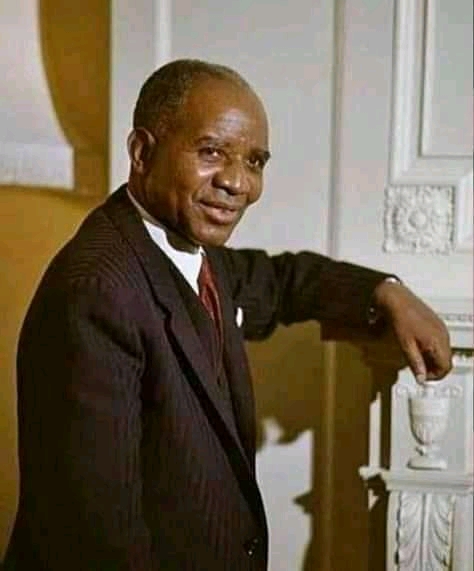
On the same though others may wish to differ due to different understanding, membership cards which Malawians were buying and direct taxes which were paid in little sums made it possible for hospitals to have drugs, schools have enough teaching and learning materials as the money collected were much used to support such institutions.
- Fearing God: Kamuzu put this country in the line of putting God first and he was leading by example as evidenced by him being a church elder at his church. This resulted into peace and unity among Malawians.
- Cheerfulness: Ngwazi was so cheerful. Wherever he was going he interacted with his people well. Women were called Mbumba and him Nkhoswe No1. This made women to live happily and he always defended their rights and freedom. He liked joining their dances during his rallies. Kamuzu also liked to speak almost all languages of this country despite his speeches being presented in English with an interpreter beside him.
- Hard working: Dr. Banda wanted people to work hard. He himself was a farmer and had farms where many were employed but he did that to make sure people learn from him and follow suite. Kamuzu used to leave State houses and inspect crop fields as one way of encouraging Malawians to work hard especially in their gardens for food security. He also encouraged self help developments, eg Youth-week which helped to change the outlook of the country as roads, school blocks, hospitals, bus depots just to mention but a few were constructed and rehabilitated.
Kamuzu believed in having three key needs in every family which were Food, Clothes and Shelter and used to say any person without these things is not a gentleman or gentle lady as such he always encouraged hard working in order to attain such basic needs.
- Empowerment: Kamuzu believed in empowering his people regardless of status. We can evidence this through a number of example like:
a. Establishment of Malawi Young Pioneer: Though it was believed to be a political grouping, this was a group established to assist young men and women to be self reliant by imparting in them different skills eg farming of crops and animals, break laying, welding, carpentry, etc.
b. People with disabilities had schools where they were taught different skills to make them self dependants and take care of their families.
c. Chitukuko Cha a Mayi M’Malawi(CCAM) A group that was established to change the lives of Malawian women including the ordinary women in the rural areas. Kamuzu did not want to see women just dancing for him but also have their livelihood changed for better. He never wanted his Mbumba to live a miserable life.
- Democracy: Kamuzu was the most democratic and peace loving President. No matter what, but his acceptance to have referendum taken place in 1993 and his subsequent acceptance to have been defeated by Dr. Bakili Muluzi in the 1994 first General Election even before vote counting was completed shows how democratic and peaceful he was. He did not want his countrymen to face political restless because of leadership and hence he made a speech to bring the nation together and move on at the time many MCP members were not satisfied with the results of the election.
As we wind up our trial of searching lessons the country can learn from the late Ngwazi, it is not a disputable fact that DR. HASTINGS KAMUZU BANDA WAS A HERO, A CHAMPION, A FATHER, A TRUE SON OF THE SOIL worthy celebrating his life. And as we remember him we appeal to all political leaders and Malawians to emulate Kamuzu’ lifestyle and get many more lessons from him. We may differ in religions, culture, tribes, regions etc, but we don’t have any other place to call home other than MALAWI.
MAY KAMUZU’S SOUL CONTINUE RESTING IN ETERNAL PEACE
***Views expressed in this article are those of the Author Kondanani Chilimunthaka***



